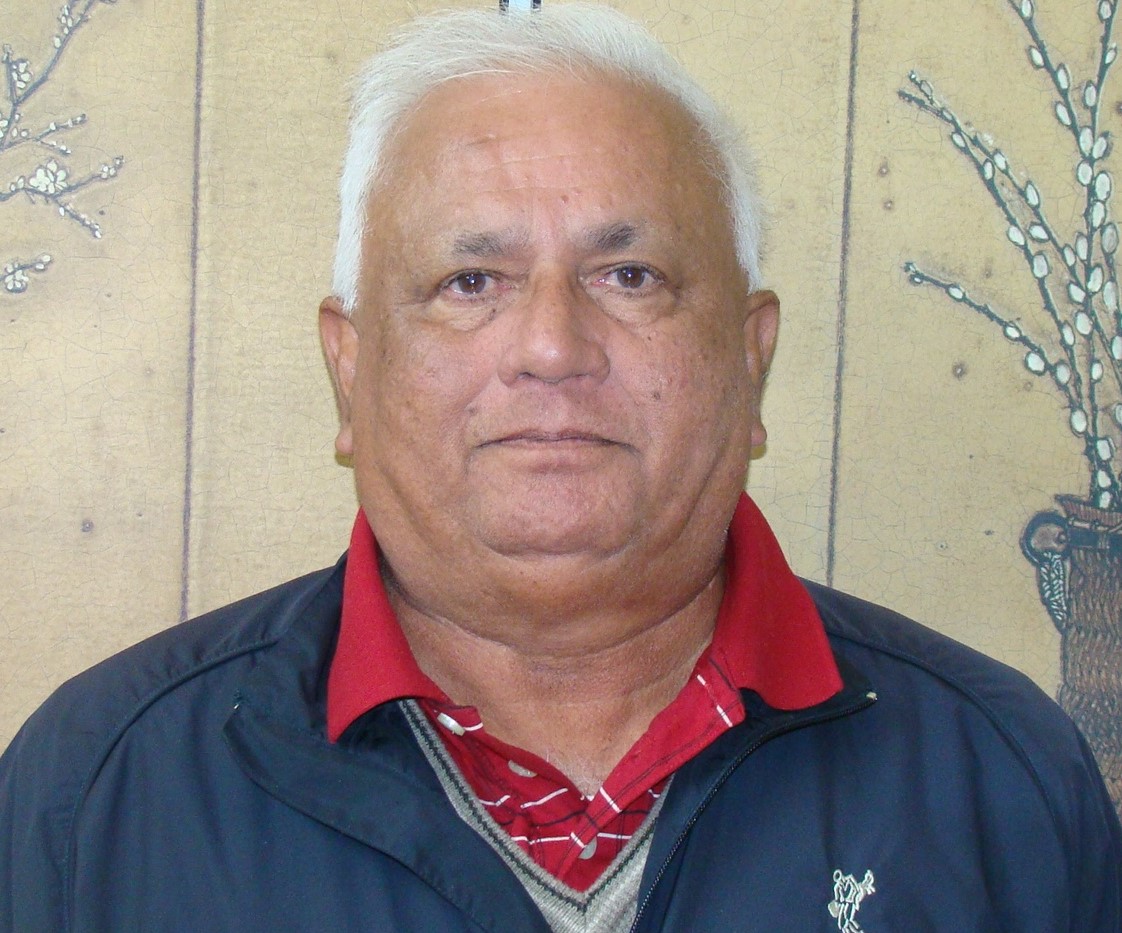Pakistan has progressively experienced a steady erosion of civilian control and democratic quality since its creation in 1947. It shows in the steadily diminishing respect for parliament and democracy and the militarization of society.
The reasons for this are easy to establish. The centralization of power and indirect rule by undemocratic institutions has become the norm. Its primary cause is the undue military and, to a lesser degree, judicial influence on democratic politics. It has stunted the country's political, economic, and social development.
Pakistan nearly went off the rails recently because of the desperate antics of former Prime Minister Imran Khan before the military establishment and the judiciary stepped in to checkmate Khan's unconstitutional and dangerous actions. Corrective decisions by the national institutions thwarted the installation of a personal dictatorship and avoided political chaos.
While institutional involvement in Khan's removal turned out to be the right outcome for the supporters of the constitutional process, it, unfortunately, highlighted yet again a leading cause of the recurrent political instability in Pakistan.
A 'hybrid' democracy, where actual power lies outside the political system, does not function without institutional intervention. And unelected actors get involved in resolving political crises.
Political engineering and external interference in the making and breaking of civilian governments is a permanent feature. As a result, no civilian government has ever completed its full term.
Growing political polarization and increased internal threats have increased dependence on the national institutions, particularly the military establishment. Unsurprisingly, the military-feudal elite has excessive control over the country's wealth and resources with little leftover to benefit ordinary people.
The Khan episode is a redemption of sorts for the institutions. We know that the military establishment and the judiciary have not always played a constructive role in Pakistan's troubled political history. Judicial validation of military coups enabled the rise of authoritarianism and the dilution of democracy. An apolitical military and an independent judiciary are crucial for the survival of democracy in Pakistan.
The alternative is recurring cycles of the military establishment looking over a hand-picked motley crew of corrupt, opportunistic, and inexperienced politicians. 'Selected' leaders and governments will remain dependent on powerful benefactors to stay in power. Collectively, the above factors bode ill for the future of the country.
Khan's selection proved to be an embarrassment to his selectors. The selectors cut Khan loose because of his arrogance, non-performance, and economic freefall. They decided that the neutrality suited them better now.
After his ouster, Khan turned against his selectors to remain politically relevant. He has since raised the ante through conspiracy-scaremongering paranoia, self-serving nationalism, and divisive politics.
Khan's propaganda is simplistic but effective because it exploits bitterness and undermines reality. Failed dictators and cynical autocrats used it in the past in Pakistan.
The narrative goes like this: I alone am the messiah, once armed with extraordinary powers, can solve the country's problems. The traditional political class is crooked and inept. Voters should distrust experts, judges, the media, and themselves. And rely, instead, on my intuition as the supreme leader, a living incarnation of the masses.
The message resonates because of the greed, incompetence, and failure of previous governments in changing the fate of large parts of the population. Yet, wannabe autocrats like Khan do not have the solutions either. They fizzle out once their blame narrative runs out of steam.
Khan's ultimate aim is to create a personal dictatorship. It will function through a coterie of few trusted people, loyalists in positions of power, and an allegiant mass movement. We will see political decisions made in the streets, bypassing parliamentary and constitutional protocols.
The political circus in Pakistan threatens to bring the entire house down. And the tipping point may have been Khan's ill-advised selection. The political process has failed to provide stable governance in a volatile country. A country in perpetual crisis mode, with a fractious political culture and weak civil society, cannot afford frequent experimentation.
(Note: You can view every article as one long page if you sign up as an Advocate Member, or higher).





